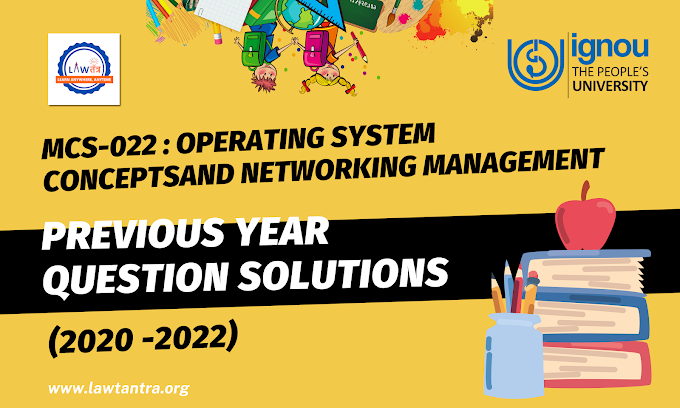INTRODUCTION ABOUT BUSINESS ORGANISATION AND MANAGEMENT
In our day-to-day life, we use words like business, commerce, trade, industry,
etc. quite often. These words have a definite meaning in ‘Business
Organization’. In this introductory unit, you will learn the exact connotation
of such terms. You will also learn the distinction between economic and non-economic activities, objectives of the business, the classification of business
activities, the importance of organization, and the role of an entrepreneur in business.
HUMAN ACTIVITIES
All of us participate in various kinds of works from the time we get up from
bed in the morning till the time we go to sleep at night. We get up from bed
in the morning, brush our teeth, take bath and get breakfast. Then children go
to school or college to study, elders go to office or factory or shop or field to
work, and housewives work at home. In the evening all of us come back
home, take food and sleep. All the activities in which we, thus, participate
from morning till night are called ‘human activities’.
If you closely examine human activities, you will find that some of these
produce economic benefits e.g., working in a factory or in an office or at the
farm. Some other activities like brushing teeth, making breakfast, going to
school, playing, cooking food for the family, etc., do not produce any direct
economic benefits. Thus, we can classify human activities into two
groups: (1) non-economic activities, and (2) economic activities.
NON ECONOMIC ACTIVITIES
Charitable activities:
Labour searching for a social benefit purely based
on solidarity and without monetary advantages. For instance government-funded education institutes, community work or social assistance.
Household activity:
like tidying, washing dishes, child care, sewing
garments or home economics.
Independence:
Navigating underprivileged and under marginalized
sectors of society in their upliftment and independence in order to meet
their livelihood.
Voluntarily skilling: People who facilitate marginalized individuals in
achieving employment by training in skills.
ECONOMIC ACTIVITIES
These are activities which are undertaken by human beings for earning
money or livelihood. These economic activities are concerned with
production, exchange and distribution of goods and services. For example, a
doctor works in the hospital, a teacher working in a school, an employee going
to his office, a farmer working in the field etc. They are all doing this to earn
his or her livelihood or to acquire wealth.
Some Useful Links:
- Sol DU online exams from March 15, 4 Important questions
- farmer-protest-live-updates
- CAT2020: Read these important things before going to the exam hall
- Modi government gave big relief, Small Business
- New farm laws and conflict between Govt. & Farmers
- Struggle in Drafting Constitution
- Defamation and IT Act
▬▬▬▬▬▬▬▬▬▬▬▬▬▬▬▬▬▬▬▬
If any Photos/Videos/Article/Blog/Content has an issue with this upload, please contact us and we will remove it immediately. Contact E-Mail : lawtantra@gmail.com
▬▬▬▬▬▬▬▬▬▬▬▬▬▬▬▬▬▬▬▬







0 Comments
Please do not enter any spam link in the comment box.